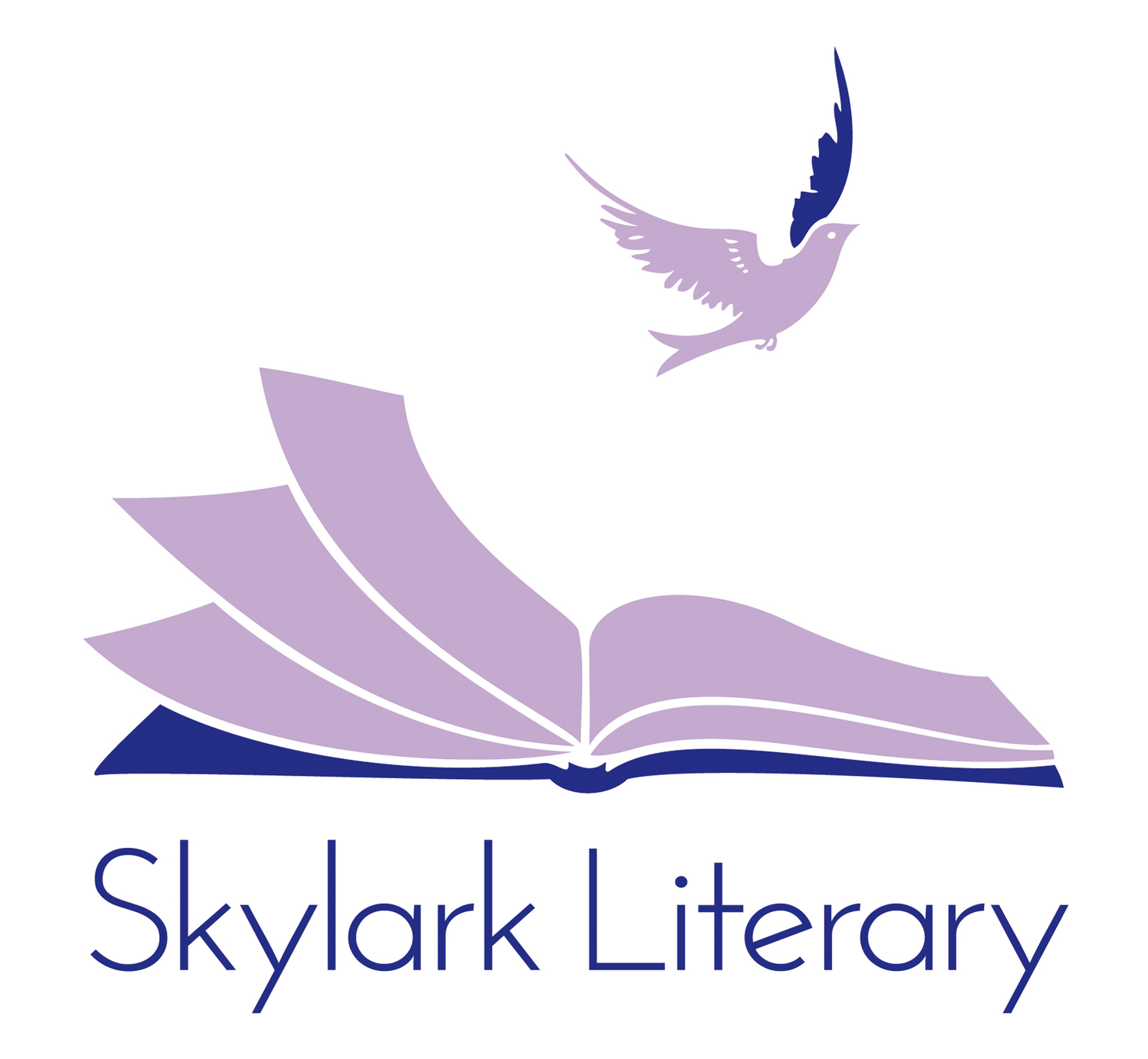We know that for many writing can be more of a compulsion than a choice! But it can be a lonely business at times. Friends, even those close ones with whom you have loads in common, can struggle to understand what it is like to feel the need to write, as well as how terrifying and exposing it can be to share that writing.
But if you sometimes feel overwhelmed or isolated, there are things that can help. Let’s take a look...
Writing critique groups are a wonderful way to find other people to help hone your story, as well as grumble about the troubles of writer’s block and the need for more hours in the day!
You may find there are local independent groups near you, or you could try the SCBWI British Isles or SCBWI USA. They have organisations all over the world and can connect you through critique groups, conferences and seminars. They are so positive, warm and friendly to new writers, it really is worth checking them out.
Organisations such as WriteMentor can help equip you with the tools to polish your manuscript as well as offering invaluable advice on all aspects of writing, whether you are new to it all or a seasoned published author.
If you’re unable to afford any formal groups then keep an eye out for online opportunities for writers, many of which are free or low-cost. The WriteOnCon conference allows writers to tune in from wherever they are in the world and features heaps of useful content, from workshops to talks to opportunities to post and get feedback on your opening pages or submission email. Facebook and Twitter offer many paths to link with other writers, or the chance to just lurk and read others’ posts and feel the comfort of not being alone.
If you’re looking for people to follow then it’s worth checking out your favourite authors as well as bloggers, reviewers, editors and agents who post frequently about the business. Maybe take a look at who they are following too.
There are lots of great hashtags on Twitter – #UKMGChat, #UKTeenChat, #WritingYA, #AmWriting, #AskAgent to name but a few – which lend themselves to writing discussions where you can find new people to follow and, if you’re feeling brave, chat to and get to know better. Many agents do the occasional #AskAgent session on Twitter which could be an opportunity for you to ask any burning questions you’ve been wondering about. In fact, keep an eye on our Twitter posts because we’ll be doing one soon and we’ll flag it there!
And if you’re looking for more advice and reassurance, check out our other blog posts which cover lots of interesting and useful topics, such as optimum manuscript wordcounts for different age groups, taking on board feedback, coping with the interminable waiting, handling rejection, and many others…


